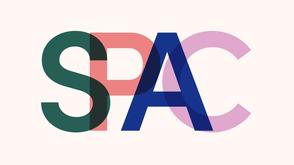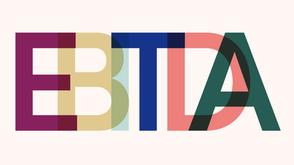What Is an Initial Public Offering?


A comprehensive guide to taking a private company public
- An initial public offering (IPO) is a process of transitioning a privately owned company into a publicly traded entity.
An initial public offering (IPO) is a process of moving a company from private to public ownership, giving companies an opportunity to raise a significant amount of equity capital from public investors.
Many private companies will choose to float on a stock exchange to increase their exposure and reputation, broaden their investor base, and raise funds to grow while reducing their cost of capital. Being a publicly traded company also opens up potential capital-raising opportunities further down the line through things like follow-on offerings and share placements.
Before an IPO, companies have to ensure they can adhere to the strict regulations of the exchange they are listing on – such as corporate governance standards, financial disclosures and audited account statements – not to mention deal with the scrutiny that comes from being a public entity.
In a typical IPO, companies will work with underwriters to lead the process, determine the value of the business and gauge interest from possible institutional investors. Underwriters will also help structure the offering and set the initial offer price. On the first day of trading, shares will be offered to institutional investors before being made available to the public to trade.
Businesses of all sizes can float on the stock market; a company doesn’t have to be a ‘unicorn’ (valued at $1 billion or more) to qualify for an IPO, though there is usually a minimum market value threshold which, on the New York Stock Exchange and Nasdaq for example, is $50 million. Some exchanges also require companies to meet certain shareholder equity thresholds, or revenue and profit targets, before listing.
An IPO is not the only way to float on a stock market. Companies can apply for a direct listing, meaning they want to join the market without raising any capital. However, regulations will often state a minimum percentage of shares to be held by public investors, typically known as the free float requirement. Free float requirements tend to range from 10 to 25 percent.
An IPO is a common exit strategy for private equity investors to dispose of their stakes in portfolio companies, either gradually or all in one go — ideally at a higher valuation than their original investment. Private investors may also choose to retain their holdings in the process.
ThinQ by EQT: A publication where private markets meet open minds. Join the conversation – [email protected]





